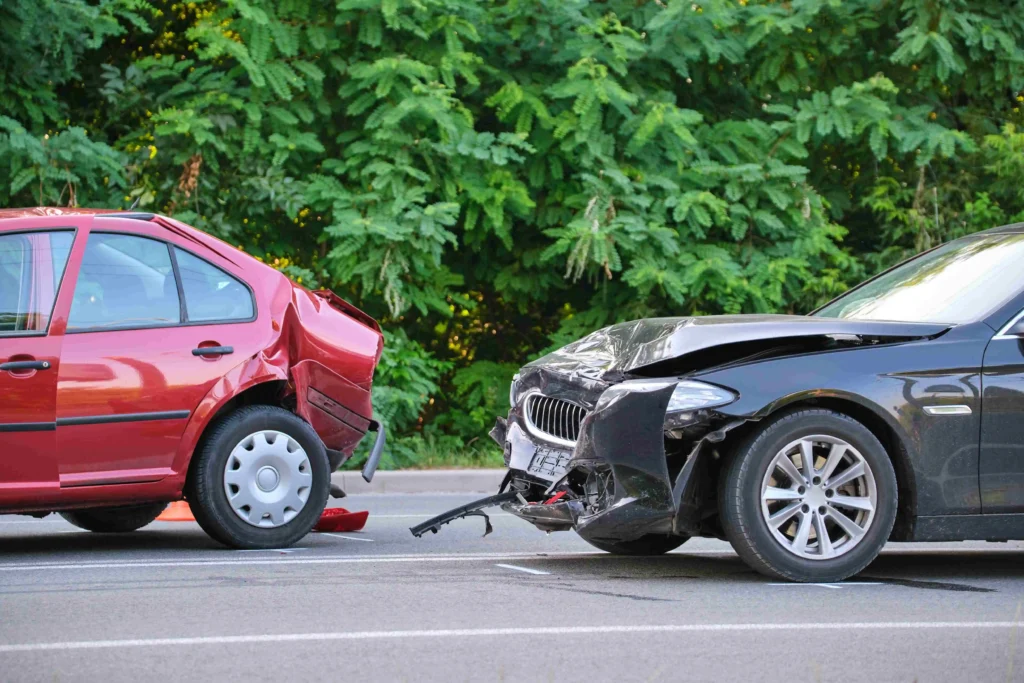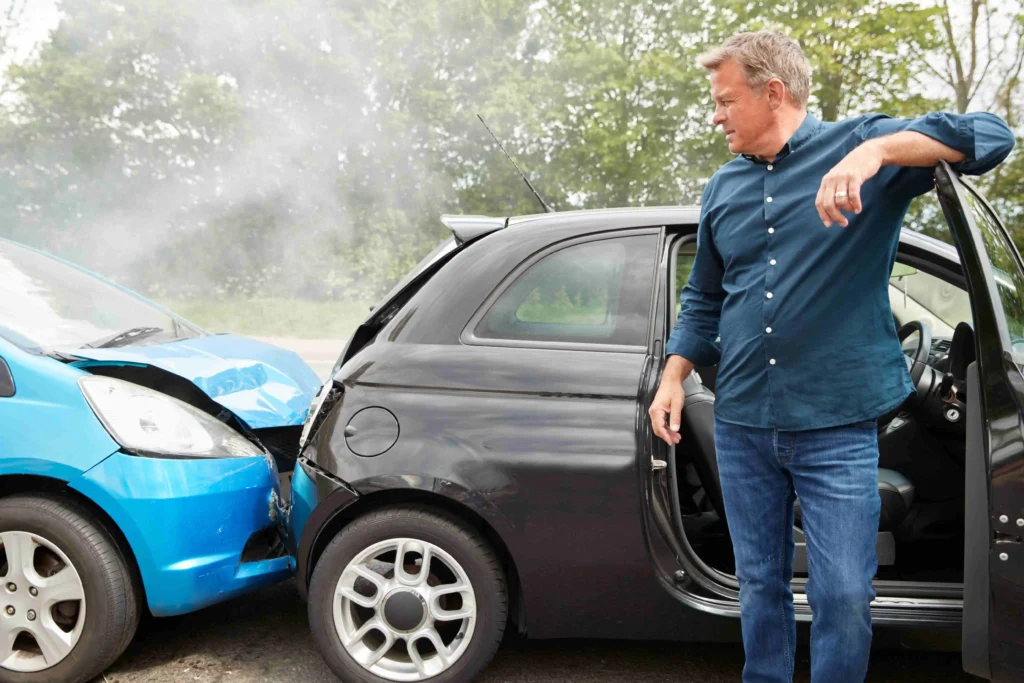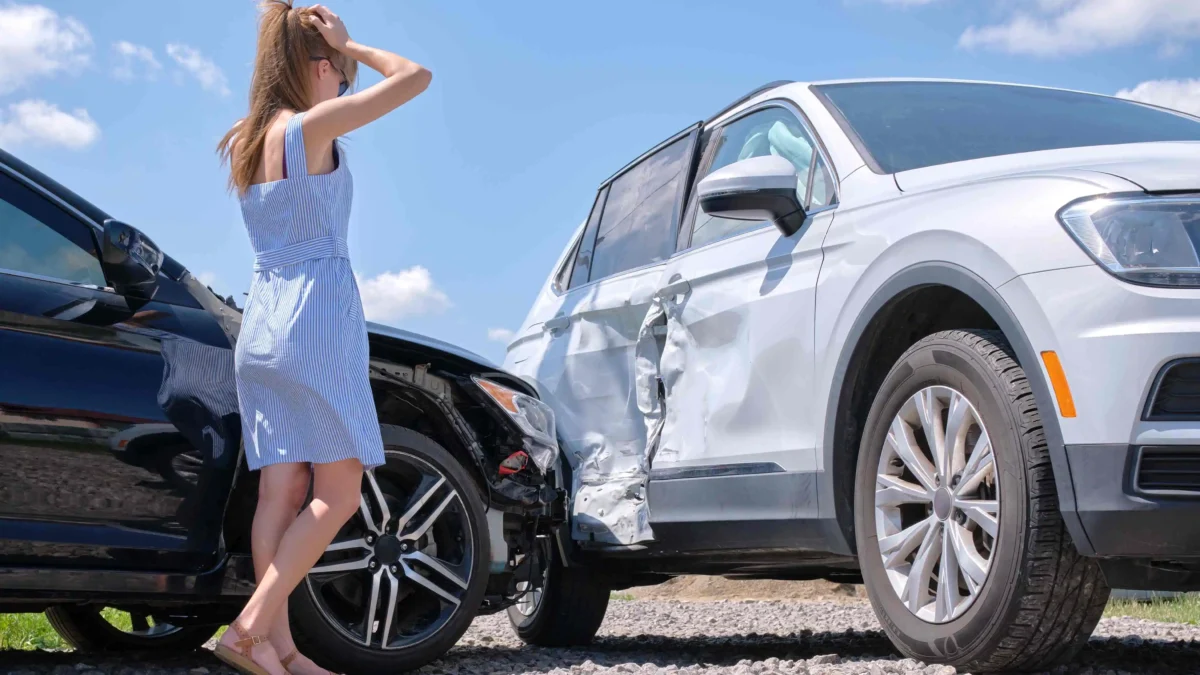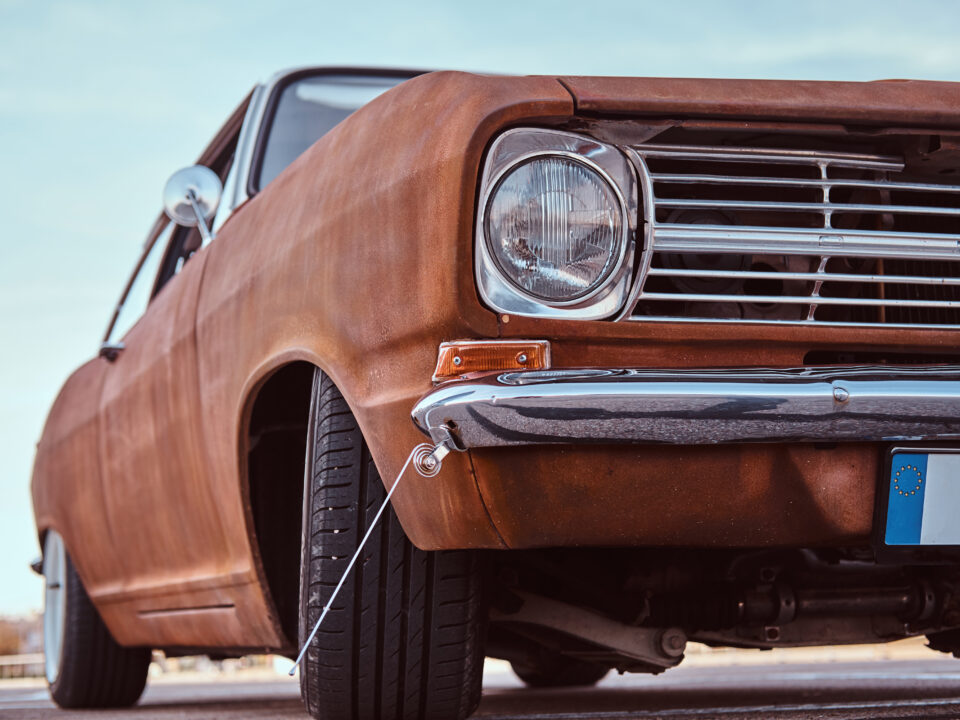
How Can I Sell My Used Car Without a Dealership – 101 Guide
March 28, 2023
Top 5 Tips to Sell Your Old Truck
June 22, 2023Leasing a car has become increasingly popular, allowing drivers to get behind the wheel of a new vehicle without committing to a long-term purchase. However, with this convenience comes some unique considerations regarding accidents. If you’ve ever leased a car, you know how important it is to understand what happens if you crash a leased car.
While the basics of filing a claim and financial responsibilities may be familiar regarding your car, the rules can differ with a leased vehicle.
Why Do People Lease Cars?
Many people lease cars instead of buying them outright for several reasons. For one, the monthly lease payments are more affordable than the payments for purchasing a car.
Additionally, some individuals prefer to upgrade to a newer vehicle every few years, and leasing simplifies this process. But what’s the difference between your leased car and other vehicles?
Is Leasing Car a Financially Smart Decision?
Leasing a car can be a smart option for those seeking low monthly payments and the ability to upgrade to a new vehicle regularly. However, leasing has limitations and potential costs, such as mileage restrictions and the inability to build equity in the car. Before deciding whether leasing is financially smart, it’s important to weigh all the factors carefully.
What’s the Difference Between a Leased Car and Other Vehicles?
Leasing a car is a popular alternative to buying one outright. With a lease, you make a down payment and negotiate payment terms to have the right to use the vehicle for a set period, typically two to five years.
However, one key difference between a leased car and one you own is that you don’t own a leased one. You can’t trade it in when it’s time for a new car, whether in good condition or damaged in an accident.
How Does Insurance Help When You Crash a Leased Car?

When you lease a car, you must have fully comprehensive insurance coverage. This coverage protects everyone involved in the car accident, including you and any other parties. If you’re at fault, your insurer will handle the situation, while if the other driver were at fault, their insurer would cover the cost of repairs.
Once you’re home, notify your car finance company about the accident and any damage to the vehicle. They may have specific repair requirements that must be followed. If the damage is minor and you’re at fault, you may want to pay for the repairs out of pocket to avoid losing your no-claims bonus. If the damage is extensive, you’ll need to contact your insurer, who will handle the situation or advise you on what to do.
What Happens If You Crash a Leased Car
Car accident statistics show how common accidents have become in the United States. Across the United States, 35,766 fatal car accidents occurred in 2020 alone. If you crash a leased car, you may face financial consequences, repair costs, and potential penalties. You need to consider some factors, such as insurance coverage, repairs, and notifying the finance company.
Steps to Take After You Crash a Leased Car
Whether you crash a leased car or your car, your initial steps will be the same. You must comply with your state’s laws, and if possible, you should take the following steps:
- In a car accident while driving a leased vehicle, it’s important to follow several crucial steps to ensure everyone’s safety and properly document the incident. First, check yourself and your passengers for injuries and call for medical assistance. Then, call the police to report the accident and request their assistance.
- While waiting for the police to arrive, collect contact information from other motorists involved in the accident, including their full name, phone number, and email address. Additionally, collect their insurance information, including the name of their insurance company and policy number.
- Once the police arrive and have assessed the situation, get a copy of their report, as this will be important when filing a claim with your insurance company. Next, contact your leasing company and inform them of the accident. They will likely have specific instructions for you, so follow their guidance closely.
- Finally, contact your insurance company and provide them with all the necessary information, including the police report and contact information for any other motorists involved in the accident. They will guide you through the claims process and help you get your leased vehicle repaired or replaced as needed.
What If Your Leased Car is Beyond Repair?

After informing the leasing and insurance companies, you will receive instructions from your insurance provider on how to proceed with the car repairs. The insurance companies may offer you a list of vendors/mechanics offering repair services verified by them, but you can also find a mechanic yourself.
The insurer will assess the damage and pay you up to your policy limit, minus your deductible. For example, if the damage costs $5,000 and your deductible is $500, you’ll receive a $4,500 check.
What If You Totaled Your Leased Car?
When you crash a leased car, and it is deemed a total loss, your insurance company should reimburse you for its current value. However, you may still owe the leasing company money up to the vehicle’s full value. Gap insurance, which is usually cheap and worth having, covers the difference between what you owe and the amount covered by your insurance.
Bottomline
Leasing a car has become a popular alternative to buying one outright, but it comes with unique accident considerations. When you crash a leased car, you must follow certain steps, such as checking for injuries, collecting contact and insurance information, and notifying your leasing and insurance companies.
Insurance always plays a vital role, whether related to your health or your vehicle. Insurance coverage is necessary for all parties involved in the accident, and comprehensive coverage is required for leased vehicles. If the damage is beyond repair, gap insurance can help cover the difference between what you owe and what your insurance covers.


